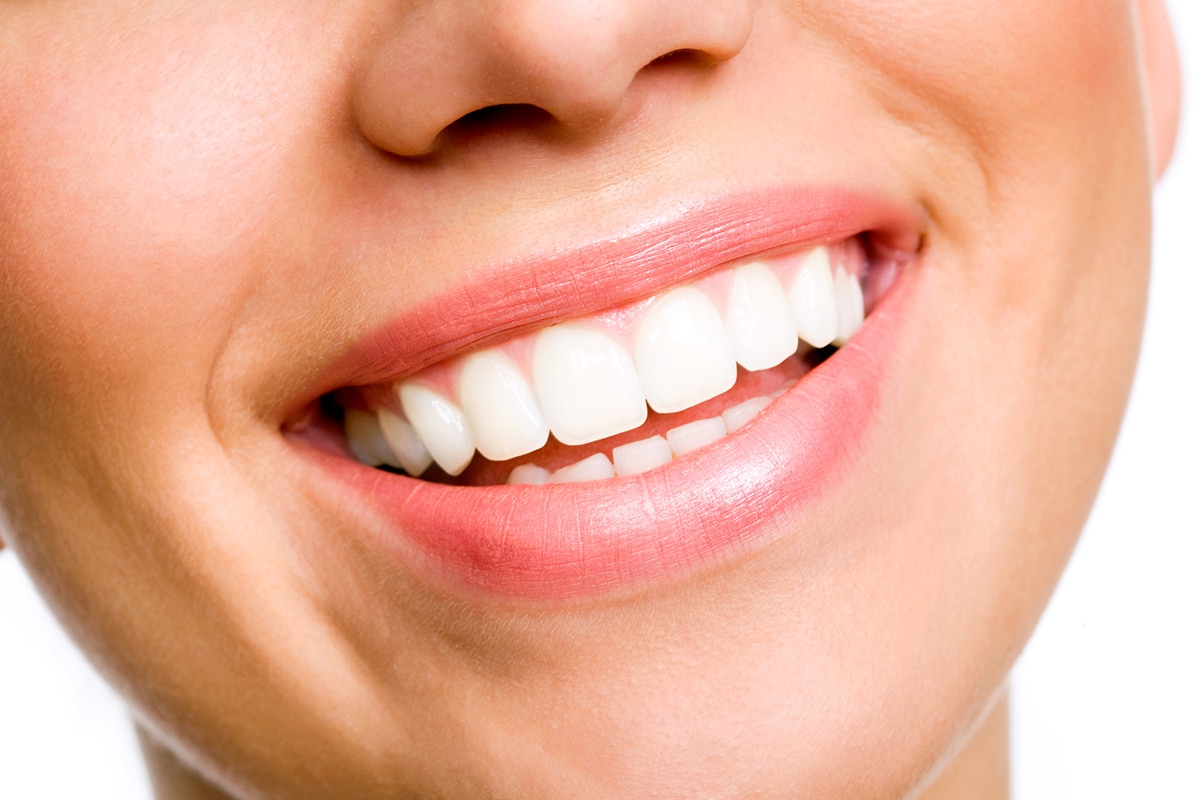
Achieving a radiant smile can make a world of difference in how we feel about ourselves. But for those of us with sensitive teeth, the thought of teeth whitening brings up a pressing question—will it be safe for us? Tooth sensitivity can stem from a variety of causes, and it’s natural to wonder whether professional teeth whitening could increase discomfort. We’re here to provide clarity and reassurance on this topic.
This article explores whether professional teeth whitening is safe for sensitive teeth, how the process works, and what steps we can take to minimize discomfort while achieving a brighter smile.
Understanding Tooth Sensitivity
To understand how teeth whitening might impact sensitivity, it’s important to first recognize why tooth sensitivity occurs. Sensitive teeth are often the result of the gradual exposure of the dentin layer beneath your tooth enamel. This condition can be caused by factors such as:
- Enamel erosion from acidic foods or drinks
- Receding gums that expose the sensitive roots of teeth
- Overbrushing or using hard-bristled toothbrushes
- Dental treatments or tooth decay
When the protective layers of our teeth are compromised, external stimuli like hot or cold temperatures—and even whitening agents—can cause discomfort. This doesn’t mean whitening is off the table, however. Professional teeth whitening treatments are crafted with care to ensure patient safety and comfort, even for those with sensitive teeth.
How Does Professional Teeth Whitening Work?
Professional teeth whitening treatments involve the use of bleaching agents—typically hydrogen peroxide or carbamide peroxide—designed to break down stains on your enamel. Unlike over-the-counter products, these treatments are customized for each patient by dental professionals, ensuring optimal results and minimal risks.
Here’s why professional teeth whitening is safer and more effective, especially for sensitive teeth:
- Customized Solutions. When we perform teeth whitening treatments, we tailor the concentration of bleaching agents to suit individual needs. This ensures that your teeth receive just the right amount of whitening without overwhelming sensitive areas.
- Protective Measures. During the procedure, we take extra care to protect your gums and other soft tissues from coming into contact with whitening agents. A specialized barrier is applied to safeguard these areas and keep sensitivity to a minimum.
- Supervised Care. Unlike over-the-counter whitening kits, professional treatments are carefully monitored by trained dental experts. This allows for adjustments during the process to ensure the best results while addressing any potential discomfort.
With these careful measures in place, professional whitening offers a safe and effective way to enhance your smile—even if your teeth are sensitive.
Tips to Reduce Sensitivity During Whitening
For patients with heightened sensitivity, there are steps we can recommend to make the whitening experience as comfortable as possible. Here are some practical tips that we often share with our patients to prepare for and care for their teeth during the whitening process:
1. Desensitizing Toothpaste
Using a sensitivity-specific toothpaste in the weeks leading up to your treatment can help calm your teeth. These formulas contain ingredients such as potassium nitrate, which work to block pain signals from the tooth’s nerves.
2. Avoid Acidic Foods Pre-Treatment
Limit your intake of acidic foods and drinks—such as citrus fruits, wine, and soda—in the days leading up to your whitening session. This helps reduce the risk of additional enamel erosion or irritation to your teeth.
3. Opt for Fluoride Treatments
Fluoride can strengthen the enamel and fortify your teeth against sensitivity. Ask us about fluoride treatments before or after your whitening appointment to help reduce discomfort.
4. Communicate During the Process
Your comfort is our priority. If you feel any increased sensitivity during the whitening treatment, don’t hesitate to let us know. We can adjust the process as needed to ensure your experience is pleasant.
At Stuart Prosthetic Dentistry, we are committed to helping you achieve both comfort and confidence with your smile. Rest assured that we’ll work closely with you to develop a whitening plan that meets your unique needs and goals.
Is Teeth Whitening the Right Choice for You?
The answer to whether professional teeth whitening is safe for sensitive teeth is a resounding yes—when it is performed under the supervision of experienced dental professionals. It’s important to emphasize the value of seeking care from trusted providers, rather than attempting DIY solutions that may lack necessary safeguards.
Despite sensitivity concerns, advancements in dental technology have made it possible to brighten your smile without exacerbating discomfort. By choosing professional-grade whitening treatments, you can enjoy long-lasting results with added peace of mind.
Frequently Asked Questions
Will my teeth remain sensitive after whitening?
A mild increase in sensitivity is normal following teeth whitening, but it typically subsides within a few days. We’ll provide you with post-treatment instructions to minimize any lingering discomfort.
How do I know if professional teeth whitening is right for me?
During your consultation, we’ll evaluate your dental health, discuss your goals, and determine whether teeth whitening is the best choice for you. Our team prioritizes safe, effective treatments tailored to your needs.
At Stuart Prosthetic Dentistry, we take pride in helping patients achieve their dream smiles safely and responsibly. Whether you have mild or significant sensitivity, our team is here to guide you every step of the way. For more information, please don’t hesitate to contact us today.
